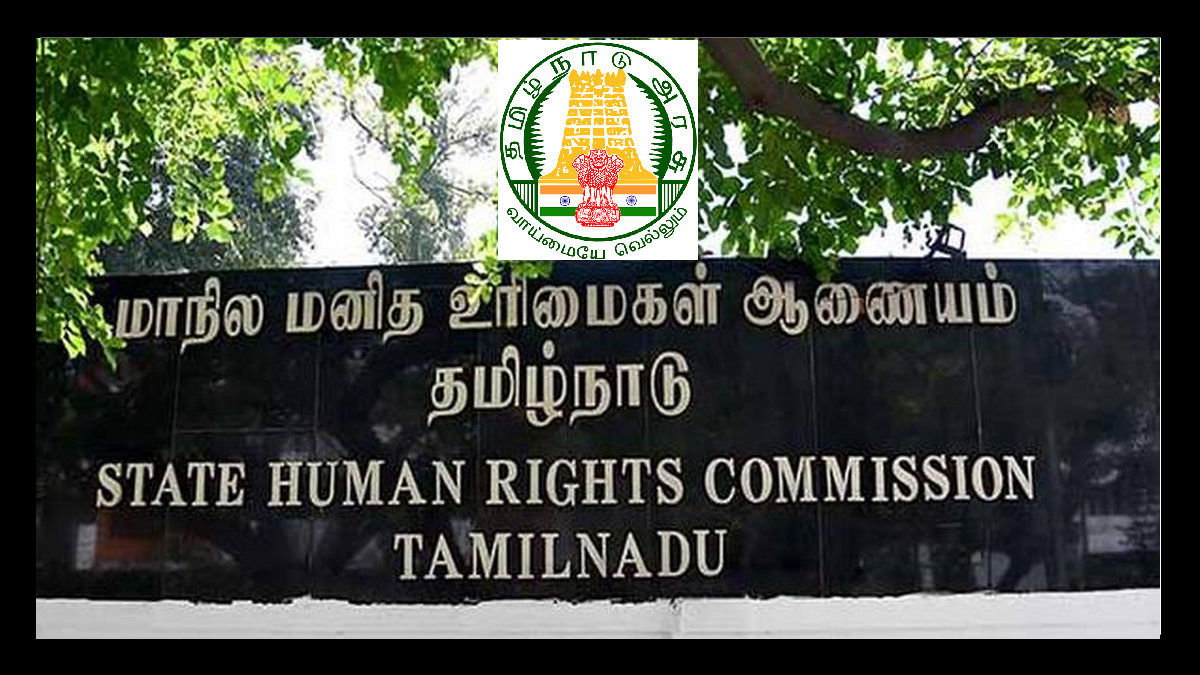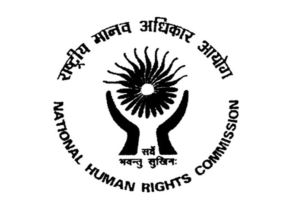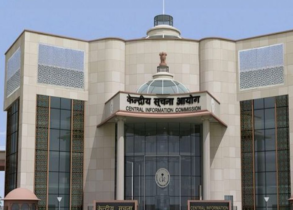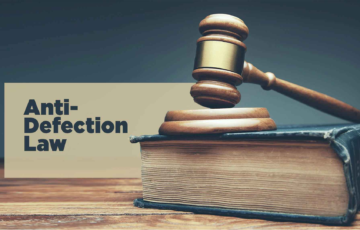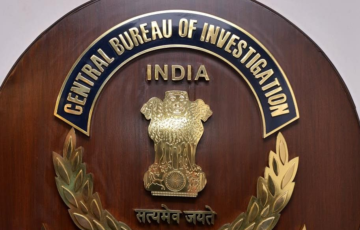State Human Rights Commission
- The Protection of Human Rights Act of 1993 establishes not only the National Human Rights Commission but also a State Human Rights Commission in each state.
- Twenty-six states have established State Human Rights Commissions through official notification.
- A State Human Rights Commission can only investigate human rights violations in matters covered by the State List (List-II) and Concurrent List (List-III) of the Seventh Schedule of the Constitution of India.
- The Central Government may confer on State Human Rights Commissions functions relating to human rights, except in the Union Territory of Delhi, where those functions are handled by the National Human Rights Commission.
- Composition of the States Human Rights Commission the State Human Rights Commission is a multi-member body consisting of a chairperson and two members.
- The chairperson should be a retired Chief Justice or a Judge of a High Court and members should be serving or retired judge of a High Court or a District Judge with a minimum of seven years’ experience as District Judge and a person having knowledge or practical experience with respect to human rights.
- The Governor appoints the Chairperson and Members of the State Human Rights Commission based on the recommendations of a committee headed by the Chief Minister and including the Speaker of the Legislative Assembly.
- The Chairperson and Members hold office for a term of three years or until they reach the age of 70, whichever comes first.
- Although the Governor appoints the Chairperson and Members, the President can only remove them (and not the Governor).
- The Salaries, allowances, and other terms of service for the chairperson or a member are determined by the state government. Importantly, these terms cannot be altered to their detriment after their appointment.
Functions of the State Human Rights Commission include:
- Investigating any instances of human rights violations or the failure to prevent such violations by a public servant, whether initiated by the commission itself, through a petition, or through a court order.
- Intervening in ongoing legal proceedings that involve allegations of human rights violations.
- Conducting visits to prisons and places of detention to assess the living conditions of inmates and providing recommendations for improvement.
- Reviewing the constitutional and legal safeguards in place for the protection of human rights and proposing measures for their effective implementation.
- Evaluating factors, such as acts of terrorism, that impede the enjoyment of human rights and suggesting corrective actions.
- Engaging in and promoting research in the field of human rights.
Disseminating human rights knowledge among the populace and raising awareness about the available safeguards for the protection of these rights.
The State Human Rights Commission has the power to set its own procedures and has all the powers of a civil court. It can request information or reports from the state government or any other subordinate authority. The Commission cannot investigate any matter that occurred more than one year ago.
- The NHRC may recommend to the state government or authority to:
- Pay compensation or damages to the victim.
- Initiate proceedings for prosecution or take any other action against the state government.
- Grant immediate interim relief to the victim.
- Approach the Supreme Court or state high court for the necessary direction, order, or writs.
|

